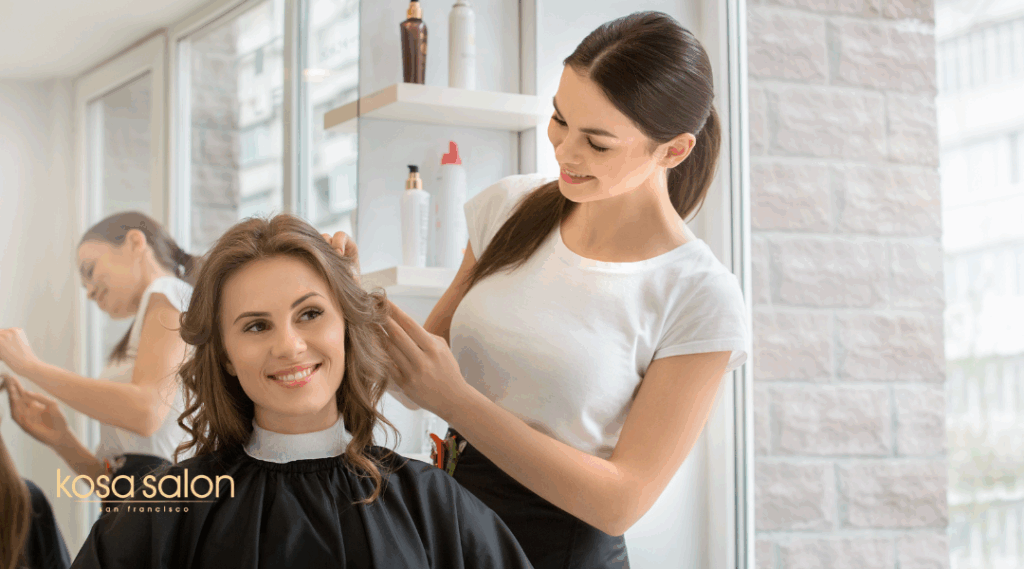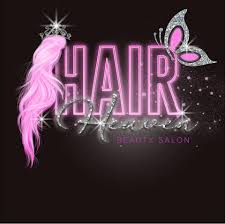Achieving and maintaining healthy, beautiful hair goes beyond simply using expensive products. True hair care involves understanding your specific hair type, addressing its unique needs, and following routines that promote long-term hair health. Leading salon professionals across the Philippines have shared their most effective techniques for transforming damaged, lifeless hair into vibrant, manageable locks.
Understanding Your Hair Type: The Foundation of Effective Care
Before applying any hair care regimen, industry experts emphasize the critical importance of identifying your hair type. Filipino hair typically falls into several distinct categories, each requiring tailored approaches:
Fine Hair Considerations
Fine hair requires volumizing products without heavy ingredients that can weigh it down. Leading stylists recommend:
- Lightweight mousses applied at the roots before blow-drying
- Volumizing shampoos free of heavy silicones
- Gentle brushing techniques to prevent breakage
Thick, Coarse Hair Management
For those with thick, sometimes unruly hair, moisture becomes the priority. Professional recommendations include:
- Deep conditioning treatments twice weekly
- Oil-based serums to tame frizz in humid conditions
- Wide-tooth combs instead of brushes to prevent breakage
Curly Hair Specialization
Curly hair, common among many Filipinos, requires specialized care to maintain definition without dryness:
- Co-washing (using conditioner instead of shampoo) for gentler cleansing
- Microfiber towels instead of regular bath towels to reduce frizz
- Defining products applied to soaking wet hair for optimal curl formation

The Science-Backed Washing Routine
One area where professional hair care advice often contradicts common practice is washing frequency and technique. Industry leaders recommend:
Optimal Washing Frequency
Contrary to daily washing habits, most experts suggest:
- Fine hair: Every other day washing to preserve natural oils
- Medium hair: 2-3 times weekly
- Thick/coarse hair: Once or twice weekly
- Curly hair: Co-washing between shampoo sessions
Temperature Considerations
Water temperature significantly impacts hair health:
- Hot water damages the cuticle and strips essential oils
- Lukewarm water for cleansing opens cuticles sufficiently without damage
- Cool water final rinse seals the cuticle, enhancing shine
Proper Application Techniques
Product application order and technique matter significantly:
- Shampoo focused on the scalp rather than lengths
- Conditioner applied mid-length to ends, avoiding the scalp
- Leave-in treatments applied to towel-dried rather than soaking hair
Heat Styling: Minimizing Damage
Heat styling remains a major cause of hair damage, but industry professionals share techniques to minimize harm:
Preparation Is Essential
Before applying any heat:
- Use heat protectant products that create a barrier between hair and styling tools
- Allow hair to air-dry to 80% before blow-drying
- Section hair properly to avoid repeatedly heat-styling the same strands

Tool Quality Matters
Professional-grade tools make a significant difference:
- Ceramic or tourmaline plates distribute heat more evenly
- Adjustable temperature settings allow customization for hair type
- Regular maintenance of styling tools ensures even heat distribution
Salon technology continues to evolve, introducing tools that minimize damage while maximizing styling efficiency. Many high-end salons now use heat styling tools with infrared technology or moisture-locking features that protect hair integrity.
Nutrition’s Role in Hair Health
Leading hair care professionals emphasize that external treatments only address part of the equation. Internal nourishment significantly affects hair quality:
Essential Nutrients
Hair health depends heavily on:
- Protein intake (hair is primarily made of protein)
- B vitamins, particularly biotin
- Omega-3 fatty acids for scalp health
- Iron and zinc for promoting growth
Hydration Connection
Proper hydration affects hair elasticity and growth:
- Minimum of 8 glasses of water daily
- Reduced caffeine and alcohol consumption
- Electrolyte balance for optimal cellular function
Scalp Care: The Foundation of Healthy Hair
Perhaps the most overlooked aspect of hair care is scalp health. Industry leaders now focus significantly on treating the scalp as an extension of skin care:
Exfoliation Benefits
Regular scalp exfoliation:
- Removes product buildup that can clog follicles
- Promotes circulation to enhance nutrient delivery
- Prevents flaking and irritation
Oil Balance Strategies
Maintaining proper oil balance:
- Clarifying treatments for oily scalps
- Moisturizing treatments for dry scalps
- Avoiding harsh sulfates that strip natural oils
Nighttime Rituals for Hair Recovery
How you treat your hair overnight significantly impacts its health. Professionals recommend:
Protective Styles
Reduce friction damage during sleep with:
- Loose braids for longer hair
- Silk or satin pillowcases that minimize friction
- Pineapple technique for preserving curls
Overnight Treatments
Sleep hours provide optimal time for intensive treatments:
- Weekly overnight oil treatments for deep conditioning
- Silk wraps to preserve moisture and styling
- Leave-in conditioners designed for overnight application
Product Selection Wisdom
With countless products making bold claims, industry professionals offer guidance for effective selection:
Ingredients to Seek
Quality hair care products typically contain:
- Natural oils like argan, coconut, or jojoba
- Proteins such as keratin or silk amino acids
- Humectants like glycerin or aloe vera
Ingredients to Avoid
Professionals generally recommend avoiding:
- Harsh sulfates (particularly sodium lauryl sulfate)
- Alcohol-heavy formulations that cause drying
- Silicones that build up without water-soluble properties
Recommended Resources
For those seeking ongoing education about professional-grade hair care, consider exploring how salon technology is revolutionizing treatment options. From hair analysis tools to personalized formulation systems, technology is making customized hair care more accessible than ever.
Additionally, consulting with a professional about your specific hair needs remains the most direct path to developing an effective regimen tailored to your unique hair characteristics.
The Future of Hair Care
As we look ahead, industry professionals point to several emerging trends that will shape hair care practices:
- Personalized care regimens based on genetic testing
- Increased focus on sustainability in product formulation
- Technology-assisted diagnosis of hair and scalp conditions
- Integration of traditional ingredients with cutting-edge science
By combining time-tested wisdom with emerging innovations, achieving and maintaining healthy hair becomes an achievable goal for everyone, regardless of hair type or current condition.

